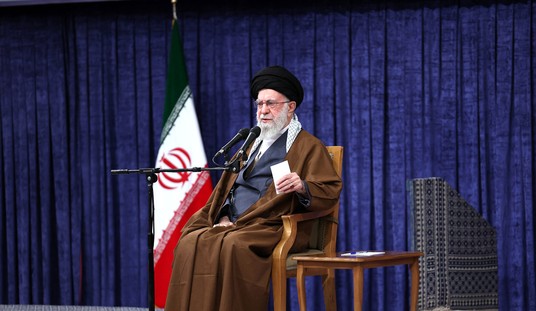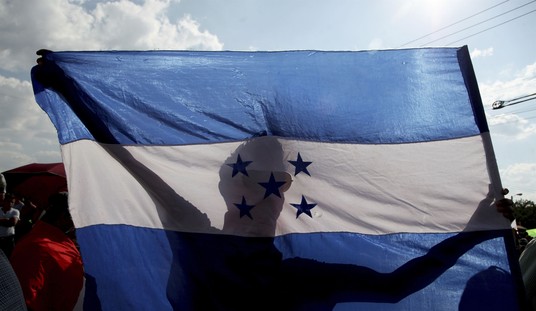The Wall Street Journal reports that talks between Israeli and Palestinian panels have been suspended. Officials denied that Wikileaks was to blame, and explained that even before Assange crisis proceedings had been deadlocked.
The Obama administration abandoned its effort to convince Israel to renew a freeze on building settlements in the West Bank, temporarily derailing hopes for a fresh round of peace talks between Israel and the Palestinians. … That leaves the White House to try to find a new way to rejuvenate talks that have bogged down over the moratorium issue since late September, just weeks after the White House had announced it had jump-started stalled talks between the two sides. …
White House officials disputed claims by Israeli Deputy Prime Minister Ehud Barak that diplomatic efforts foundered because the administration was distracted by the fallout from the release of diplomatic cables by whistleblower site WikiLeaks. …
Israeli Foreign Minister Avigdor Lieberman said Monday that he didn’t “see any reason to extend this moratorium now,” arguing that peace talks had remained “deadlocked” even when there was a moratorium on new settlements.
The New York Times said the deal broke down in part because Netanyahu wanted Washington to provide written security assurances and military hardware in exchange for a moratorium which Washington could not provide. “Those assurances, which included 20 F-35 stealth airplanes and an American pledge to veto anti-Israel resolutions at the United Nations, were never delivered to the Israelis.” The news was greeted with relief by those who might have felt it was big price to pay for a 90-day freeze.
Now the plan is to keep to keep the peace talks going even if there is no prospect of immediate agreement. “Administration officials did not offer a Plan B to revive the talks, and analysts said it was not clear that the administration had one, beyond a general commitment to keep talking to the Israelis and Palestinians.”
Perhaps the biggest weakness of the current peace process is that neither the Palestinians nor the Israelis want it under the conditions the other is likely to give. Ironically, Washington may be more interested in the “peace process” than either party. This creates a situation in which both sides can extract concessions for merely showing up. As long as one or both parties retains a desire for absolute victory the process will be doomed. Only when both parties are willing to settle for a long-term, mutual coexistence is any peace remotely possible. The current group of negotiators may have misjudged the situation and mistakenly believed the time was ripe for a deal to be struck. The postponement of the talks suggests they now know they embarked on a false start. The wish cannot always be father to the deed.
Link to “No Way In” print edition
Link to “No Way In” Kindle Edition”










Join the conversation as a VIP Member